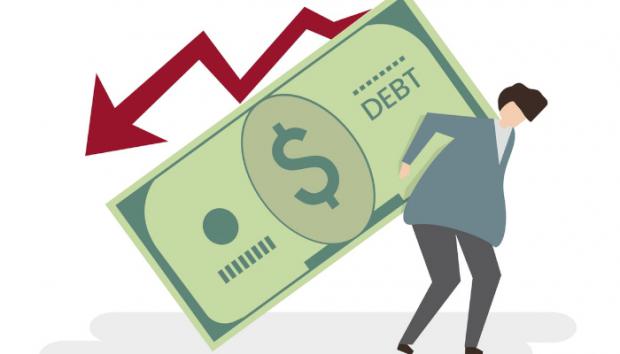
Breaking News
 Trump pardons Mets legend, 'Celebrity Apprentice' alum Darryl Strawberry over tax evasion co
Trump pardons Mets legend, 'Celebrity Apprentice' alum Darryl Strawberry over tax evasion co
 You WON'T BELIEVE How Much Money We're REALLY Sending To Israel!
You WON'T BELIEVE How Much Money We're REALLY Sending To Israel!
 China CANCELS U.S. Soybean Order?! Joel Salatin
China CANCELS U.S. Soybean Order?! Joel Salatin
 Ep 38 Jonathan Haidt: on The Anxious Generation: Childhood in Social Media Age & Fragile College ...
Ep 38 Jonathan Haidt: on The Anxious Generation: Childhood in Social Media Age & Fragile College ...
Top Tech News
 HUGE 32kWh LiFePO4 DIY Battery w/ 628Ah Cells! 90 Minute Build
HUGE 32kWh LiFePO4 DIY Battery w/ 628Ah Cells! 90 Minute Build
 What Has Bitcoin Become 17 Years After Satoshi Nakamoto Published The Whitepaper?
What Has Bitcoin Become 17 Years After Satoshi Nakamoto Published The Whitepaper?
 Japan just injected artificial blood into a human. No blood type needed. No refrigeration.
Japan just injected artificial blood into a human. No blood type needed. No refrigeration.
 The 6 Best LLM Tools To Run Models Locally
The 6 Best LLM Tools To Run Models Locally
 Testing My First Sodium-Ion Solar Battery
Testing My First Sodium-Ion Solar Battery
 A man once paralyzed from the waist down now stands on his own, not with machines or wires,...
A man once paralyzed from the waist down now stands on his own, not with machines or wires,...
 Review: Thumb-sized thermal camera turns your phone into a smart tool
Review: Thumb-sized thermal camera turns your phone into a smart tool
 Army To Bring Nuclear Microreactors To Its Bases By 2028
Army To Bring Nuclear Microreactors To Its Bases By 2028
 Nissan Says It's On Track For Solid-State Batteries That Double EV Range By 2028
Nissan Says It's On Track For Solid-State Batteries That Double EV Range By 2028
Americans feeling the strain as household debt and credit card obligations hit new highs

A report by the Epoch Times on Wednesday, Nov. 5, revealed this dire situation. The outlet, citing the Federal Reserve Bank of New York, noted that total debt reached a fresh record high of $18.59 trillion in the third quarter of 2025.
Credit card debt, a significant contributor to the overall household debt surge, has been climbing steadily. In September of this year, finance website WalletHub pointed out that credit card obligations rose by $28 billion during the second quarter of 2025 – increasing the total credit card debt to a staggering $1.32 trillion.
The average American household with debt owes $9,990 on their credit cards, a figure that has been growing at an alarming rate. This increase in credit card debt can be attributed to various factors, including the Wuhan coronavirus (COVID-19) pandemic that led to job losses and economic uncertainty – forcing many Americans to rely on credit cards to make ends meet.
Michael J. Panzner, in his 2007 book "Financial Armageddon," noted that "those struggling on the lowest rungs of the ladder would almost certainly bear the brunt of the early economic carnage. With an average of $3,800 in the bank, $2,200 in credit card debt, a $95,000 mortgage securing a $160,000 home and household earnings of approximately $43,000, the typical American family won't have a lot of room to maneuver."
The debt trap: How Americans are surviving on credit
Despite the concerns of a K-shaped economic recovery where the wealthy continue to prosper while the lower and middle classes struggle, household balance sheets remain solid, according to one market analyst. However, this assessment may not reflect the true financial strain experienced by many Americans, who are increasingly turning to credit cards to bridge the gap between their income and expenses.
The rising tide of household debt has far-reaching implications for American families. High levels of debt can limit financial flexibility, making it difficult for households to weather economic storms or invest in their future. Moreover, the high cost of servicing debt can divert funds away from essential expenses, such as healthcare and education, further exacerbating the financial strain on American families.

 Carbon based computers that run on iron
Carbon based computers that run on iron

